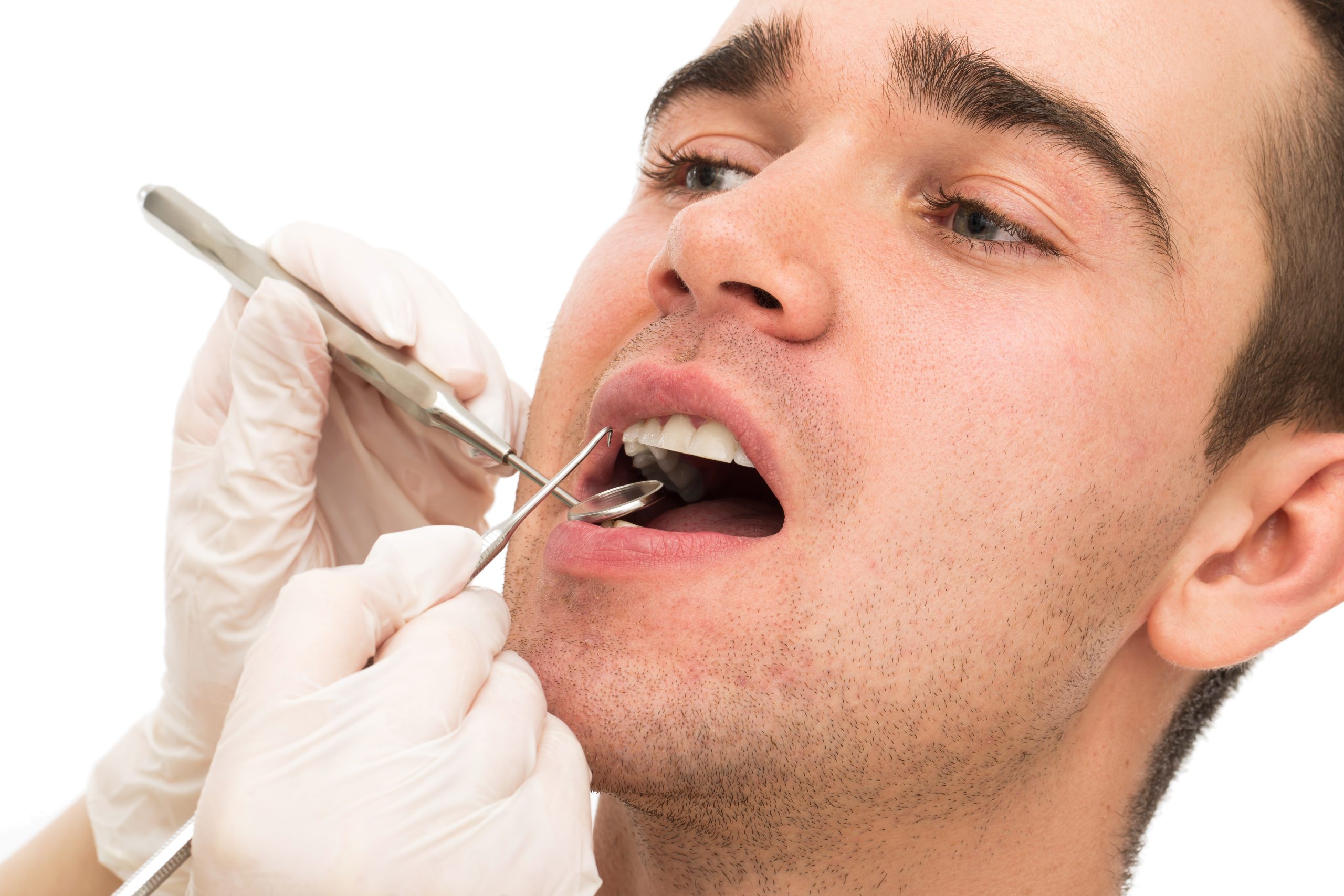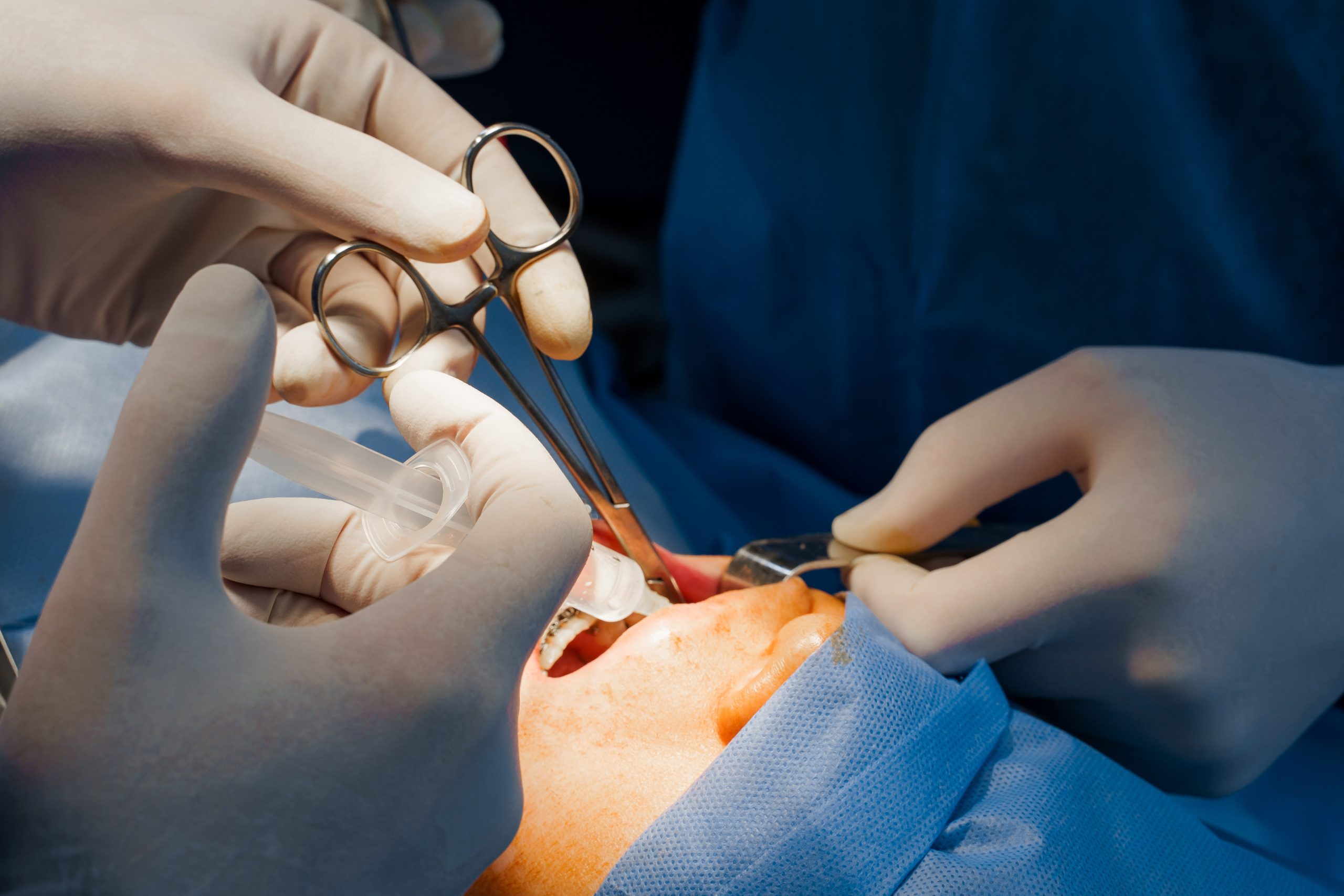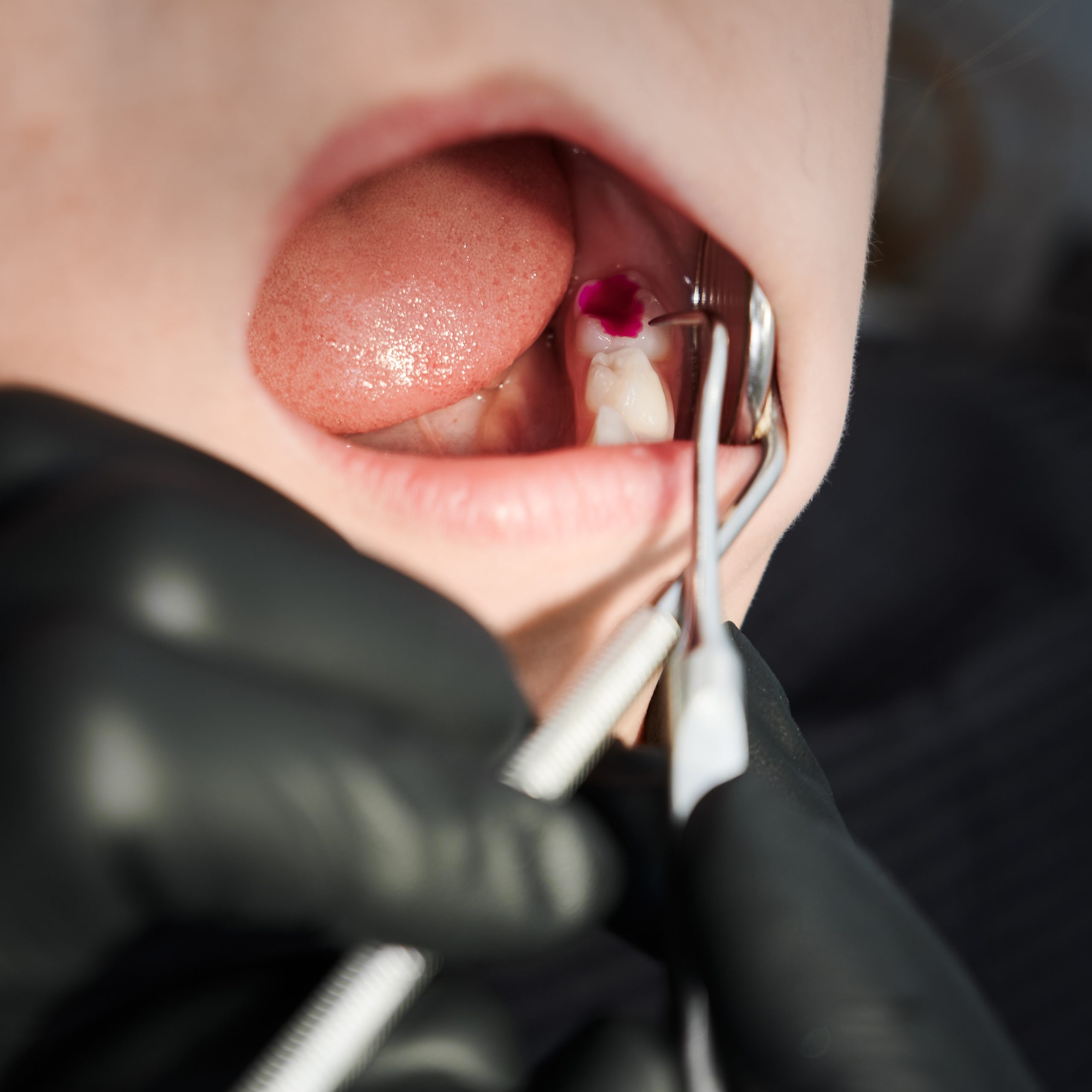Affordable Tooth Extractions In Houston
If you're in need of tooth extractions in Houston, TX, you're in the right place with Dr. Sonny Naderi at Best Dental. Dr. Naderi and his experienced team understand that dental extractions can be a source of anxiety for many patients, and they're committed to providing a comfortable and caring environment for all their patients. With a reputation for excellence and a dedication to ensuring your oral health, Dr. Naderi and his team at Best Dental are here to provide top-notch dental care, including tooth extractions, with precision and compassion. Whether you're dealing with a troublesome tooth or require extractions for other dental needs, you can trust Dr. Sonny Naderi and his team to deliver the best in dental care in Houston, TX.

Determining whether you need a tooth extraction is a decision that should be made in consultation with a qualified dentist or oral surgeon. Several factors can contribute to the need for a tooth extraction. Some common reasons include:
- Severe tooth decay: If the decay has progressed to a point where it has significantly damaged the tooth and surrounding structures, extraction may be necessary.
- Advanced gum disease: In some cases, gum disease can lead to loosening of the teeth, and extraction might be the only option to prevent further damage to the surrounding teeth and bone.
- Impacted wisdom teeth: When wisdom teeth do not have enough space to emerge or grow properly, they can become impacted, leading to pain, infection, or damage to adjacent teeth.
- Dental trauma: If a tooth has been severely damaged due to an injury or accident, extraction might be necessary, especially if it cannot be effectively restored through other dental procedures.
- Overcrowding: In cases where the mouth is overcrowded and there isn’t sufficient space for all teeth, extraction may be recommended as part of an orthodontic treatment plan.
It’s crucial to consult with a dental professional who can thoroughly examine your oral health and provide you with personalized advice based on your specific situation. They can discuss all available options with you and help you make an informed decision about whether a tooth extraction is necessary.
What type of anesthesia will be used, and what are its potential side effects?
The type of anesthesia used during a tooth extraction procedure can vary depending on the complexity of the extraction, the patient’s medical history, and the dentist’s or oral surgeon’s preference. Typically, local anesthesia is the primary choice for tooth extractions, which numbs the specific area where the extraction will take place. This ensures that the patient remains comfortable and pain-free during the procedure. Potential side effects of local anesthesia may include temporary numbness, tingling, or soreness at the injection site. In some cases, patients may experience mild dizziness or lightheadedness. However, serious complications from local anesthesia are rare, especially when administered by a qualified dental professional in a controlled environment. Prior to the procedure, the dental team will discuss the anesthesia options with the patient, including the risks and benefits associated with each type of anesthesia, to ensure a safe and comfortable experience.


How long will the procedure take, and what can I expect during and after the extraction?
The duration of a tooth extraction procedure can vary depending on factors such as the complexity of the extraction, the position of the tooth, and the patient’s individual circumstances. Simple extractions can typically be completed within a matter of minutes, while more complex cases, such as impacted teeth, might require a more extensive procedure, taking up to 20-30 minutes or longer. During the extraction, the dental team will ensure you are as comfortable as possible, using appropriate anesthesia to minimize any potential discomfort. After the extraction, you may experience some bleeding and mild to moderate discomfort, which can be managed with prescribed pain medication and proper post-operative care. It’s essential to follow the dentist’s instructions carefully, including any recommended dietary restrictions and oral hygiene practices, to promote optimal healing. Swelling and mild discomfort are common in the days following the extraction, but these symptoms typically subside gradually as the healing process progresses.
What post-operative care instructions should I follow for a smooth recovery?
Following tooth extraction, it’s crucial to adhere to the post-operative care instructions provided by your dentist or oral surgeon to promote a smooth recovery. Some common post-operative care instructions may include:
- Gently biting down on a gauze pad placed over the extraction site to help control bleeding.
- Applying an ice pack to the outside of the affected area to minimize swelling.
- Taking prescribed pain medication or over-the-counter pain relievers as directed to manage any discomfort.
- Avoiding vigorous rinsing, spitting, or using a straw for the first 24 hours to prevent dislodging the blood clot and causing dry socket.
- Consuming soft foods and liquids initially and gradually reintroducing solid foods as the extraction site heals.
- Maintaining proper oral hygiene by gently brushing the teeth near the extraction site and using a saltwater rinse as recommended by the dentist.
- Refraining from smoking or using tobacco products, as they can delay the healing process and increase the risk of complications.
It’s essential to attend any follow-up appointments scheduled by your dentist to ensure proper healing and address any concerns or complications that may arise during the recovery period. Following these post-operative care instructions diligently can contribute to a quicker and more comfortable recovery process.


Are there any potential risks or complications associated with the tooth extraction procedure?
While tooth extraction is generally considered a safe and routine procedure, there are some potential risks and complications that patients should be aware of. These can include post-operative infection at the extraction site, dry socket (a condition where the blood clot dislodges or dissolves prematurely), excessive bleeding, and damage to surrounding teeth or tissues. In some cases, patients may also experience nerve injury, leading to temporary or, in rare instances, permanent numbness or tingling in the mouth, lips, or tongue. However, with proper pre-operative evaluation, skillful execution of the procedure, and diligent post-operative care, the likelihood of experiencing severe complications can be significantly minimized. Patients should follow their dentist’s instructions closely and promptly report any unusual symptoms or concerns following the extraction to ensure timely intervention if needed.
What is the cost of a tooth extraction in Houston, and does dental insurance cover it?
the cost of a tooth extraction in Houston, Texas, can vary based on several factors, including the complexity of the extraction, the location of the dental clinic, and the specific dentist or oral surgeon performing the procedure. Generally, the cost for a simple tooth extraction can range from approximately $150 to $400 per tooth, while surgical or more complicated extractions may cost more. It’s important to consult with your dentist or oral surgeon to get an accurate estimate based on your individual case. Dental insurance may often cover a portion of the cost of tooth extractions, but the extent of coverage can vary depending on your specific insurance plan. It’s advisable to check with your dental insurance provider to understand the details of your coverage, including any copayments, deductibles, or limitations related to tooth extraction procedures.
